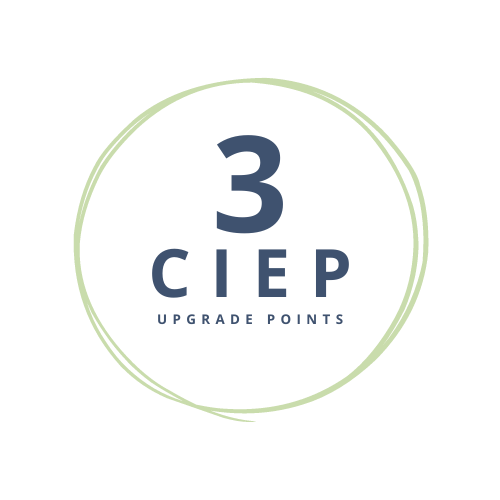About the course
Developmental editing involves evaluating how well everything hangs together across the whole of a text to help the author deliver their message as clearly and effectively as possible.
This course is designed for editorial professionals who have existing knowledge and experience in copyediting, and concentrates on the process of developing non-fiction texts before an author starts writing, when they submit their final draft or after a manuscript has been accepted by a publisher. The ideas discussed can be used in editing any and every kind of non-fiction material.
This virtual learning course involves four live sessions, delivered on Zoom, which all delegates will join on set dates and times.
The course aims to help editors to:
- understand what is meant by developmental editing of non-fiction and what the process involves
- appreciate the needs of different stakeholders and how those may affect a project, and ways to manage working relationships effectively
- understand the different types of tasks that developmental editors can be asked to do if they are working for a publisher or directly for an author
- adapt their approach flexibly to the demands of each job
- plan and carry out developmental editing to an appropriate standard.
The course provides exercises for you to put into practice the lessons learned through the study notes. There are model answers, commentaries on all the exercises, and a section on useful resources to help you in this field.
How does the course work?
Non-Fiction Developmental Editing is delivered over four live sessions, each lasting two hours. There are short exercises to complete after sessions one, two and three. Delegates are required to attend all sessions, which will be delivered as follows:
Places on our virtual learning courses are limited and sell out quickly. If your chosen course is already fully booked, please email [email protected] to be added to the waiting list.
Please note that we use Zoom for our online courses. Please ensure that you are able to access this system where you are based before booking your place. Please note the CIEP's terms and conditions before booking your place.



